Lucky numbers for weddings can greatly vary based on cultural beliefs and personal preferences. Some cultures assign specific significance to certain numbers, which may then be incorporated into wedding traditions or dates.
Here are a few examples:
- China: The number 8 is considered extremely lucky in Chinese culture, as it sounds like the word for wealth and prosperity. Therefore, many Chinese couples plan their weddings on dates that include the number 8.
- Western Cultures: The number 7 is often considered lucky in Western cultures, so some couples may aim to incorporate this number into their wedding date or timing.
- Judaism: In Jewish tradition, the number 7 is considered holy and represents completeness and wholeness. Many Jewish weddings include seven blessings, and the bride traditionally circles the groom seven times.
- India: The number 7 is also considered auspicious in Hindu culture, symbolizing the union of two individuals. So it is often used in wedding ceremonies.
That being said, the idea of “lucky” or “unlucky” numbers is largely based on cultural or personal superstitions and beliefs. The most important factor in choosing a wedding date or incorporating numbers into a wedding is that the choices feel meaningful and special to the couple involved.
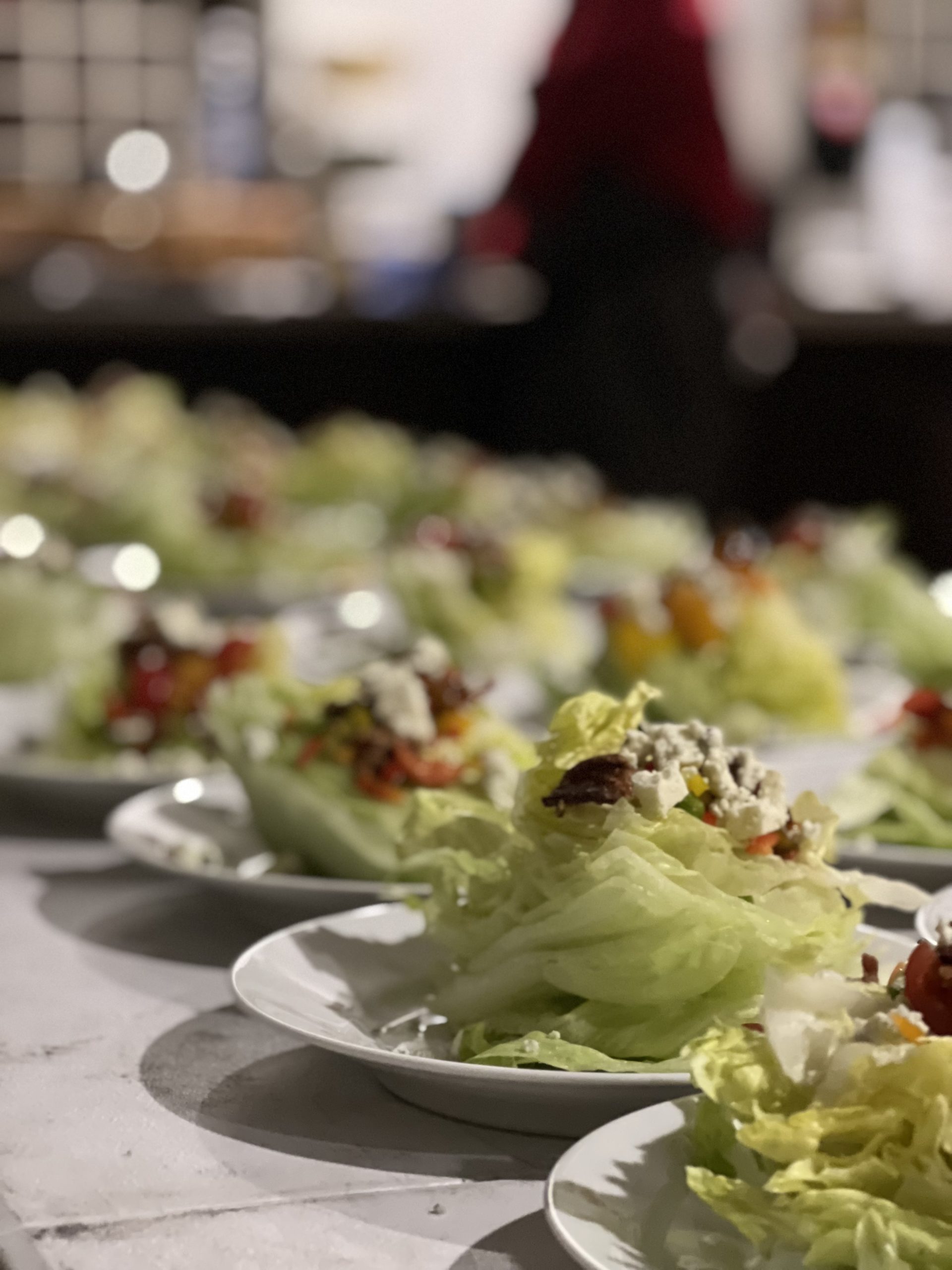
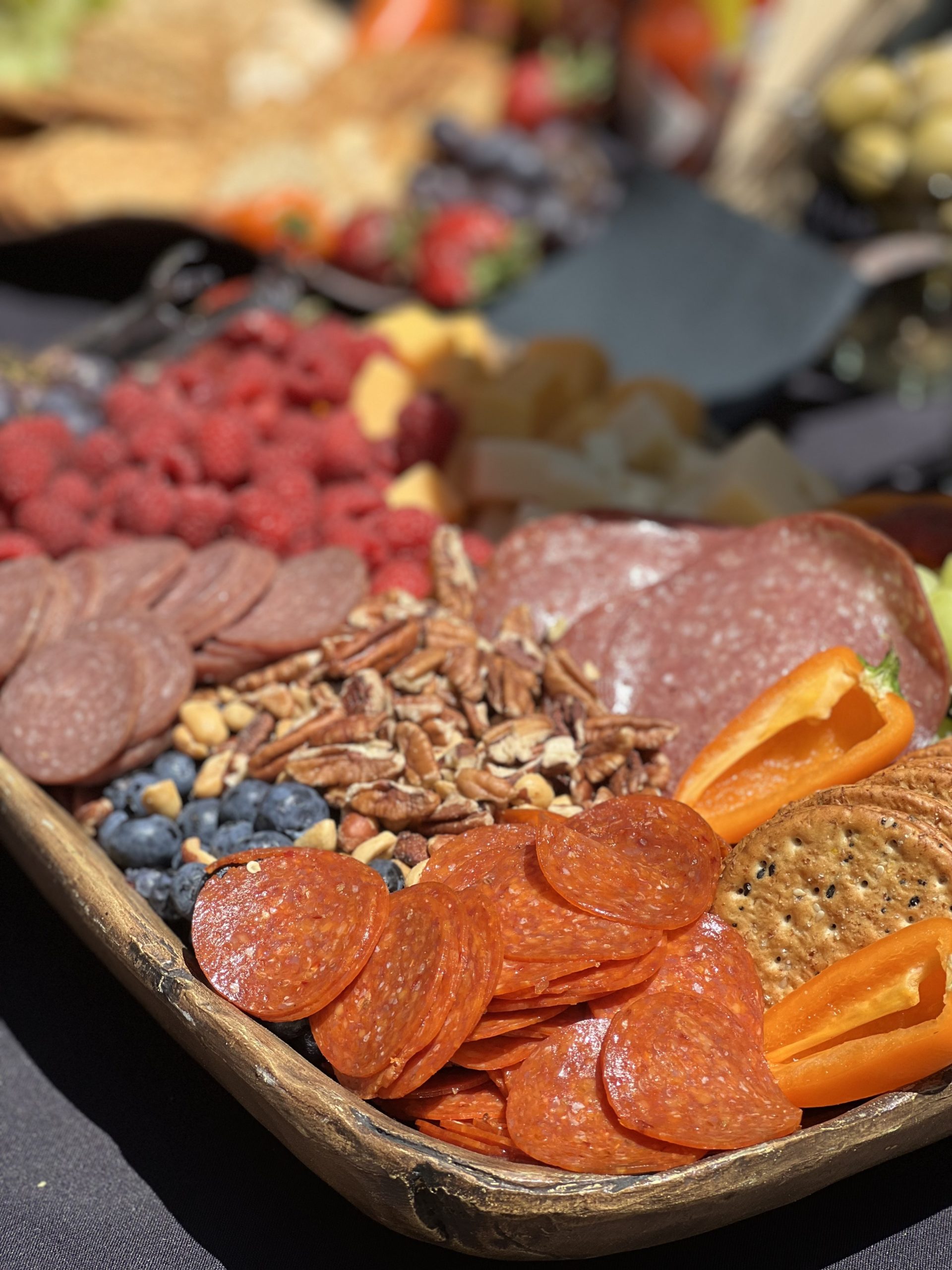
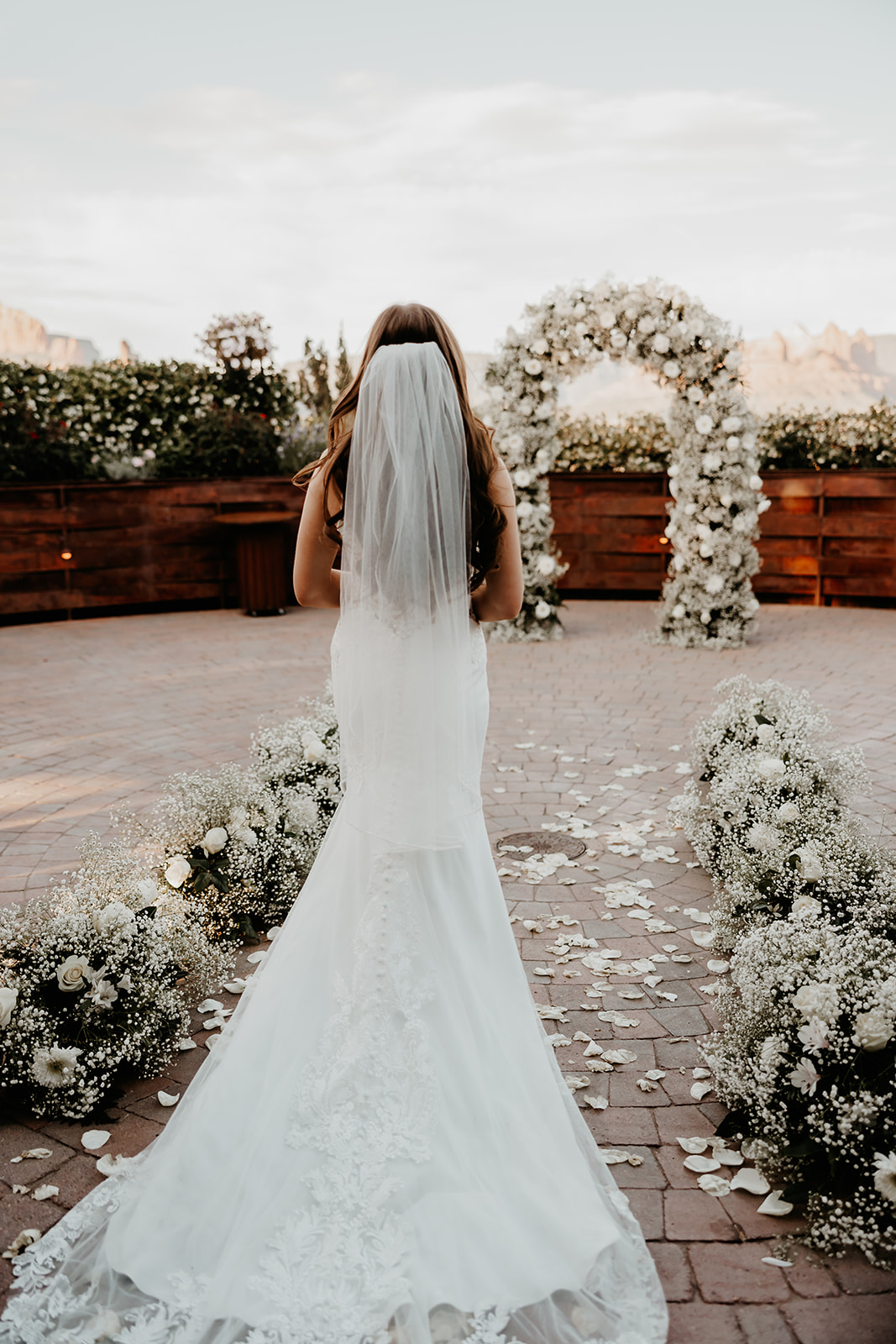
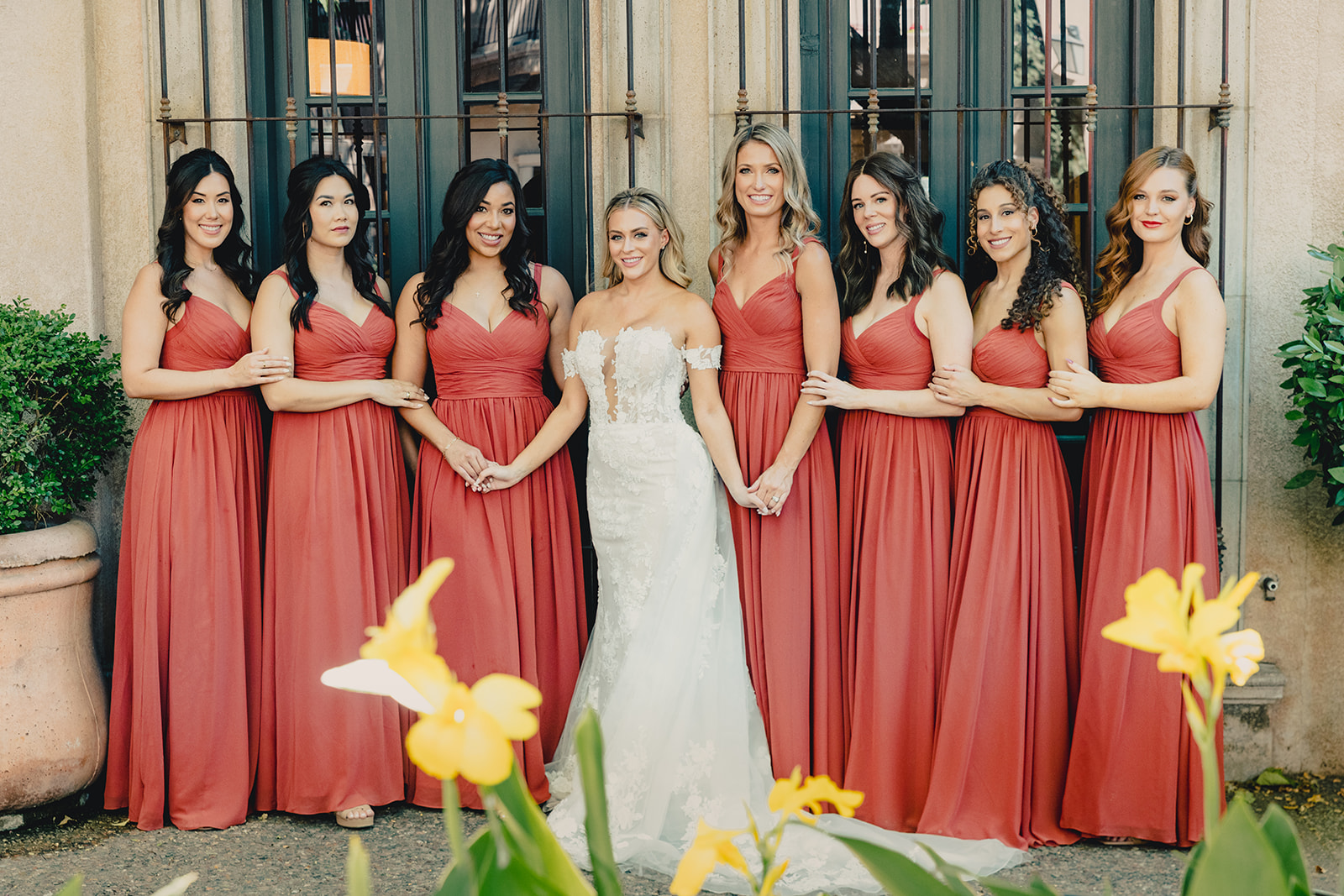
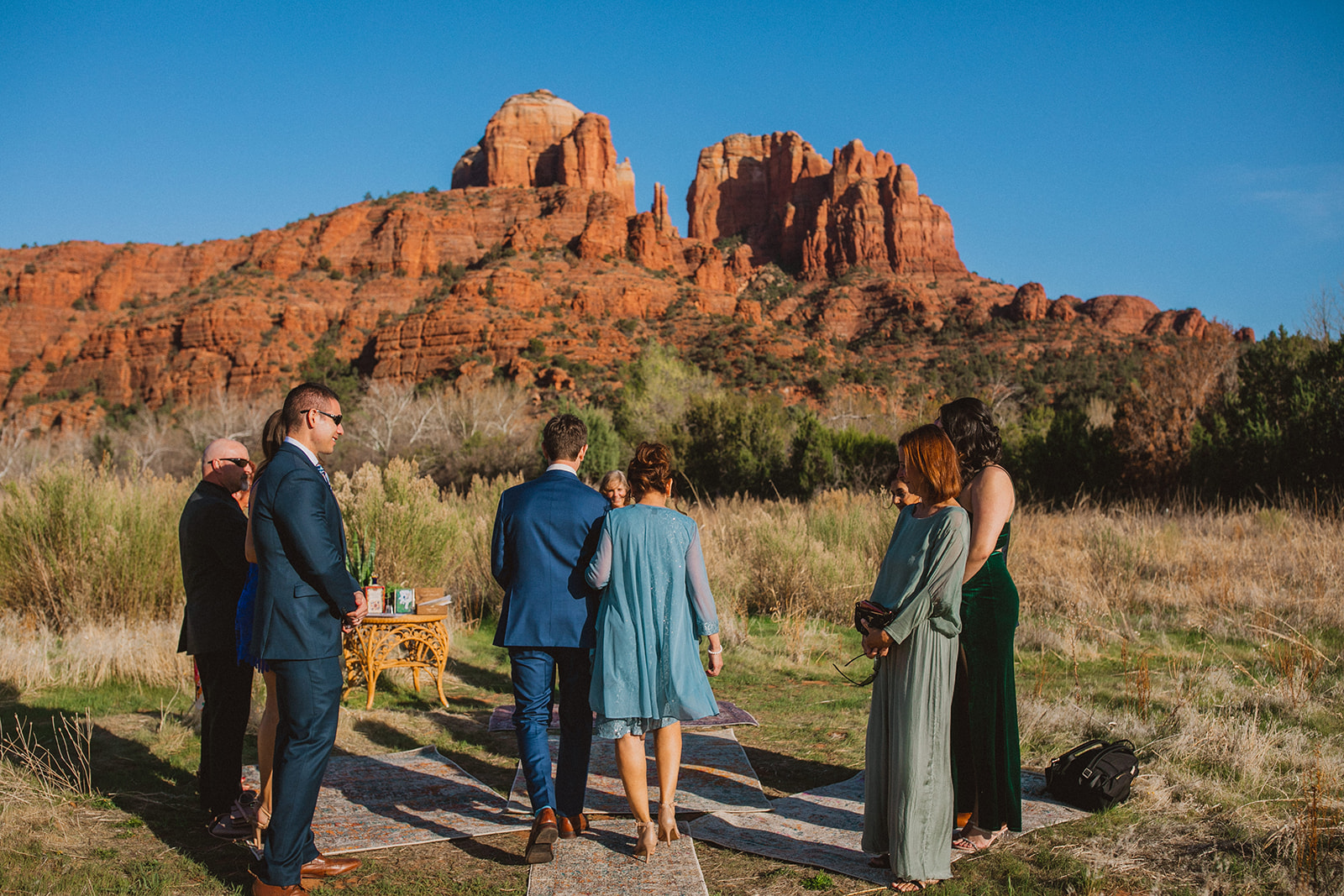

+ show Comments
- Hide Comments
add a comment